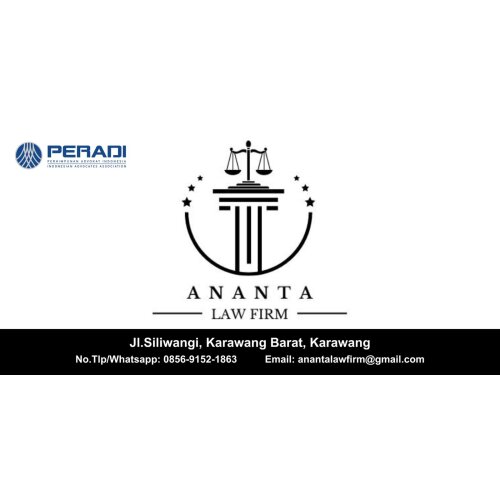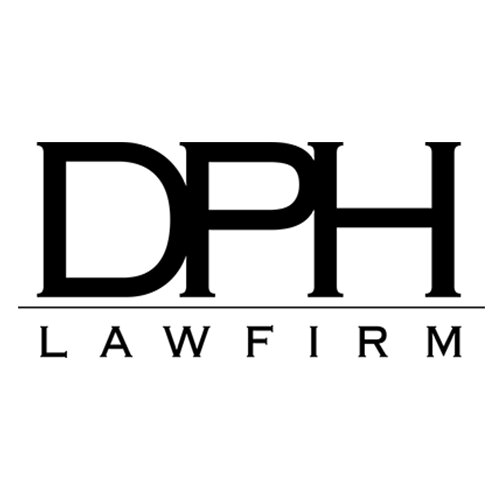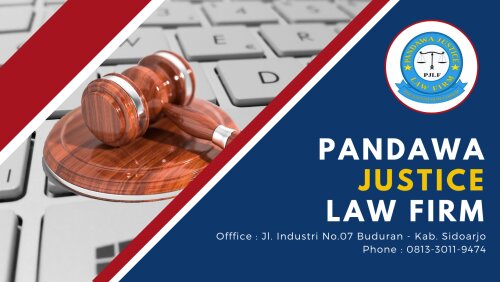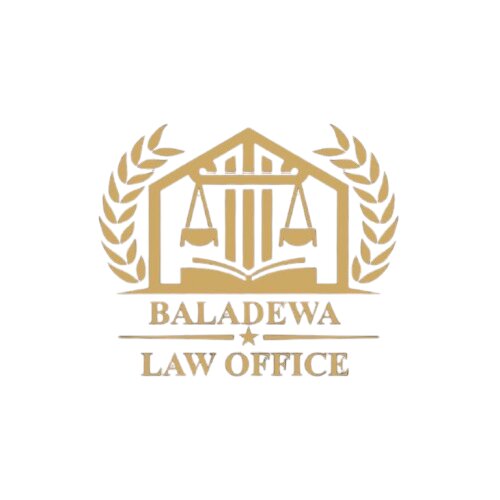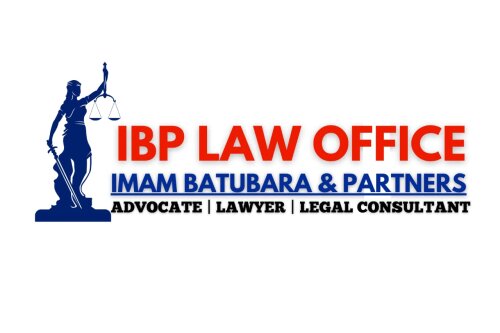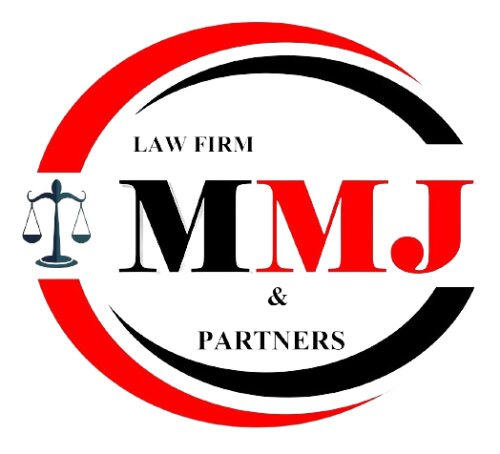Best Toxic Mold Lawyers in Indonesia
Share your needs with us, get contacted by law firms.
Free. Takes 2 min.
Or refine your search by selecting a city:
List of the best lawyers in Indonesia
About Toxic Mold Law in Indonesia
Toxic mold refers to certain types of fungi that can cause health problems in humans when encountered in large quantities indoors. In Indonesia, the humid and tropical climate can contribute to mold growth, leading to potential issues in residential and commercial properties. Though awareness about toxic mold is growing, legal frameworks addressing mold-related issues are not as comprehensive as in some Western countries. Nonetheless, affected individuals may have legal recourse under various environmental and health regulations as well as property law.
Why You May Need a Lawyer
There are several situations in which you might require legal assistance concerning toxic mold in Indonesia. Some common scenarios include:
- Health issues caused by mold exposure, leading to hospital or medical bills.
- Landlord-tenant disputes where tenants experience mold growth due to property negligence.
- Property damage claims where mold causes structural damage to homes or businesses.
- Insurance claims that have been denied or inadequately compensated related to mold damage.
- Disputes over contracts in real estate transactions concerning disclosure or remediation of mold.
Local Laws Overview
While specific statutes governing toxic mold cases are not extensive, there are several components of existing regulations in Indonesia that relate to toxic mold issues:
- The Health Act: This may offer recourse for individuals whose health is adversely affected by toxic mold.
- Property Law: Landlords and property owners have a duty to maintain their properties in habitable conditions, which can encompass addressing mold issues.
- Environmental Law: Supports general claims related to environmental safety, potentially covering indoor air quality issues attributed to mold.
- Consumer Protection Law: This can sometimes be leveraged, particularly in real estate transactions where mold is undisclosed or untreated.
Frequently Asked Questions
What is toxic mold, and why is it a concern?
Toxic mold refers to molds that produce dangerous mycotoxins, causing health issues such as respiratory problems, allergic reactions, and in severe cases, neurological disturbances.
How can I identify toxic mold in my property?
Toxic mold often presents as black or dark green spots that may emit an earthy or musty smell. Professional testing is recommended for accurate identification.
What should I do if I suspect mold in my rental property?
Immediately inform your landlord in writing, documenting the extent and location of the mold, and request remediation.
Can I sue my landlord for mold-related health issues?
Yes, if the landlord has neglected their duty to maintain the property causing health issues, legal actions can be pursued under health and property laws.
Does home insurance cover mold damage in Indonesia?
It varies by policy; some insurance plans might cover sudden and accidental mold damage, but long-term issues due to maintenance negligence are often excluded.
Can mold be used as grounds to cancel a property purchase agreement?
Potentially, if undisclosed significant mold impacts the property's value or habitability, it can be grounds for rescission, especially if covered in the sale contract.
What legal responsibilities do landlords have regarding mold?
Landlords must ensure their properties are safe and habitable, which includes addressing moisture and mold issues promptly.
What are the health signs of mold exposure?
Symptoms include coughing, sneezing, itchy eyes, skin rashes, throat irritation, and in severe cases, fatigue or breathing issues.
Can mold litigation include claims for emotional distress?
Yes, in some cases, if significant stress or health consequences were endured, emotional distress claims might be included.
Are there standards for mold remediation in Indonesia?
While there are general guidelines for mold remediation, standards can vary. Engaging a professional service familiar with international best practices is advisable.
Additional Resources
Several resources can provide further assistance regarding toxic mold in Indonesia:
- Ministry of Health: Offers guidelines on environmental health which can include mold issues.
- Indonesian Consumers Foundation (YLKI): Provides support for consumer rights, which might include real estate issues.
- Local environmental consultancy firms: Can provide testing and remediation advice.
- Legal aid organizations: May offer free or low-cost legal assistance for related disputes.
Next Steps
If you are facing a toxic mold issue and require legal assistance, consider the following steps:
- Document the presence and effects of the mold thoroughly through photos and written records.
- Seek an inspection from a certified mold expert to confirm the type and extent of the mold problem.
- Consult with a legal professional who specializes in environmental or property law to evaluate your situation.
- Communicate with relevant parties (landlords, insurers) in writing to outline your concerns and any sought resolutions.
- Engage legal representation to explore potential claims or mediation procedures if necessary.
Lawzana helps you find the best lawyers and law firms in Indonesia through a curated and pre-screened list of qualified legal professionals. Our platform offers rankings and detailed profiles of attorneys and law firms, allowing you to compare based on practice areas, including Toxic Mold, experience, and client feedback.
Each profile includes a description of the firm's areas of practice, client reviews, team members and partners, year of establishment, spoken languages, office locations, contact information, social media presence, and any published articles or resources. Most firms on our platform speak English and are experienced in both local and international legal matters.
Get a quote from top-rated law firms in Indonesia — quickly, securely, and without unnecessary hassle.
Disclaimer:
The information provided on this page is for general informational purposes only and does not constitute legal advice. While we strive to ensure the accuracy and relevance of the content, legal information may change over time, and interpretations of the law can vary. You should always consult with a qualified legal professional for advice specific to your situation.
We disclaim all liability for actions taken or not taken based on the content of this page. If you believe any information is incorrect or outdated, please contact us, and we will review and update it where appropriate.
Browse toxic mold law firms by city in Indonesia
Refine your search by selecting a city.



